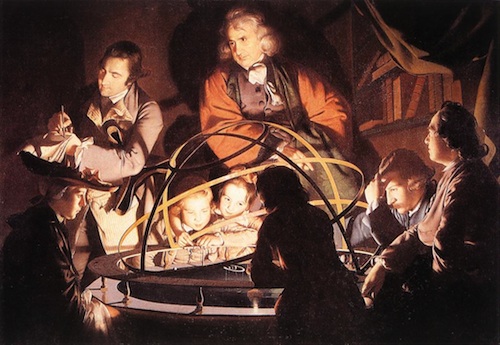
The irony of the Enlightenment: Immanuel Kant, the late 18th century thinker, was indisputably the greatest philosopher of Enlightenment. But it is also interesting to note that his critical philosophy project resulted in a devastating blow to the foundation of Enlightenment itself- our trust in reason. The faculty of reason is essentially an impulse for the unconditioned condition, and constantly urges our understanding on. Kant made it clear that man will never know the true nature of reality, and is limited to mere appearances. Despite being championed as the great icon of Enlightenment, with his transcendentalism he set the ball rolling down the mountain of truth and shattered the ideals of the gilded age at the bottom, in the gulch of the 20th century.
We are picking among the remnants for whatever remains salvageable. The consequences of such absurd praise of reason or rationalism in Enlightenment resulted in two great wars in the 20th century, which were committed at the source of naturalistic humanism. Reason and rationalism, secular reasoning especially never achieved its vast promise of transforming a superstitious culture into a rational utopia. At least some of us realize that within this massive failure, liberation is never of the human, but always and only in a negatory manner: from the human. Where does that leave us? The ghost of a lost innocence haunts the age in the form of postmodernist reflections.





